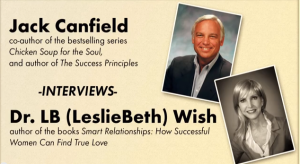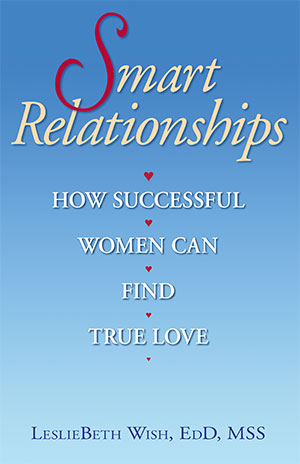 If breaking up with your man was a good idea, you still might have feelings for your ex—even years later. Don’t act on those feelings until you have done your emotional homework. Here are the top ideas to make you think.
If breaking up with your man was a good idea, you still might have feelings for your ex—even years later. Don’t act on those feelings until you have done your emotional homework. Here are the top ideas to make you think.
1. How lonely or anxious are you now? A crisis such as losing your job or becoming seriously ill can bring your buried fears of being alone to the surface. Life’s challenges can remind you of the advantage of having a partner—especially one you already know. Tough times not only hasten your need for comfort and support, but they also make you gloss over what was not so good about being with your ex.
On a scale of 1 to 10, with 10 the highest, how would you rate your current feelings of loneliness and fear?
2. Know why you chose your ex when you did. Timing, as they say is—well, almost everything. Just as I am asking you to examine your current life circumstances, take a look back at what was going on in your life at the time you chose and fell in love with your ex. In my research, the top factors that propelled the women to marry included:
- The ticking of the biological clock
- Feeling like the only “Old Maid” in the family
- Wanting to show the man who broke up with you that you could get someone
- Wanting to please your parents
- Losing a close friend or family member
- Being diagnosed with a serious illness
- Being fired or down-sized
- Being rejected from the job position or school you wanted
- Moving to a new place.
Check the ones that apply. Add your own. How many of them are you experiencing now—or have experienced in the past eighteen months?
3. Why do you think you chose your ex in the first place? We all have Emotional Default Attractions to people who are not good for us. Most of the time, we act on certain patterns of relationship attractions that are the result of your genetic disposition and your family and life experiences. Here is a list of the top six potentially troublesome patterns for you to recognize in your love choices.
- You repeated your parent’s relationship—which can be both a good or bad thing. Think about what your parents’ marriage taught you about respect, closeness, anger, attitudes about the roles of men and women, money, arguments, affection, acceptance, and criticism. It’s not unusual for people to recreate their family’s values and parent’s marriage because this replica feels comfortable, familiar and maybe not so bad after all. For example, if your father was an alcoholic, you might find yourself with a man who has a substance abuse problem. You say to yourself: “Oh, I know this situation—and I can handle it.”
- You chose someone who will please your parents, and, most likely, “fit in” with their lifestyle, religion, and ethnic and racial identity. You want to please them—even if you have to choose someone you know may not be a great choice for you. Yet, parental love, loyalty, and approval feel more important than your freedom to choose.
- You are the family rebel or maverick. You never “fit in”—and you are glad you didn’t! Your ex served as your emotional buffer zone between you and your not so great parents. You relied on his non-mainstream lifestyle or his assertiveness to insulate you from your parent’s lack of approval of you. (The good version of this is that you rejected the bad things in your family and chose someone who doesn’t fit into your family in a good way that is healthy for you!)
- You chose someone who offered wealth and excitement. This man “gave” you a life, and whisked you away from your small town or stifling family environment, and your fears of not succeeding in the “rat race.”
- You “over-corrected” your previous not so great choice. For example, if that man was too passive, ineffective or unreliable, you chose a take-charge man who ended up taking too much charge of you!
- You recreated your single mother’s rotten luck in choosing men. You might have surpassed your mother by going to college or getting professional training. Yet, those deeply submerged feelings of loyalty lead you to choosing the wrong man. You fear that your mother will abandon you emotionally because, by surpassing her, you also inadvertently reject her rocky past. Or, perhaps, you got pregnant and got married—just like your mother did. This situation might have allowed you to forgive your mother—just as you have to forgive yourself now.
Do you recognize any of these patterns?
Thank you for stopping by. I hope these ideas are making you wiser. Remember, the divorce rate of people who re-marry their ex is very high. Think of the re-divorce of Elizabeth Taylor and Richard Burton, or Melanie Griffith and Don Johnson.
Dr. LeslieBeth (LB) Wish is a nationally recognized Licensed Clinical Psychotherapist LCSW #7132 FL, honored for her pioneering work with women’s issues in love, life, work and family. The National Association of Social Workers has included her on their list of the Fifty who has Contributed to the Profession. She is the subject of biographical entry in many Marquis’Who’s Who publications. Her latest self-help, research-based books are Smart Relationships and The Love Adventures of Almost Smart Cookie, the cartoon companion book where you can follow a year of Cookie’s love missteps and learn about yours!







